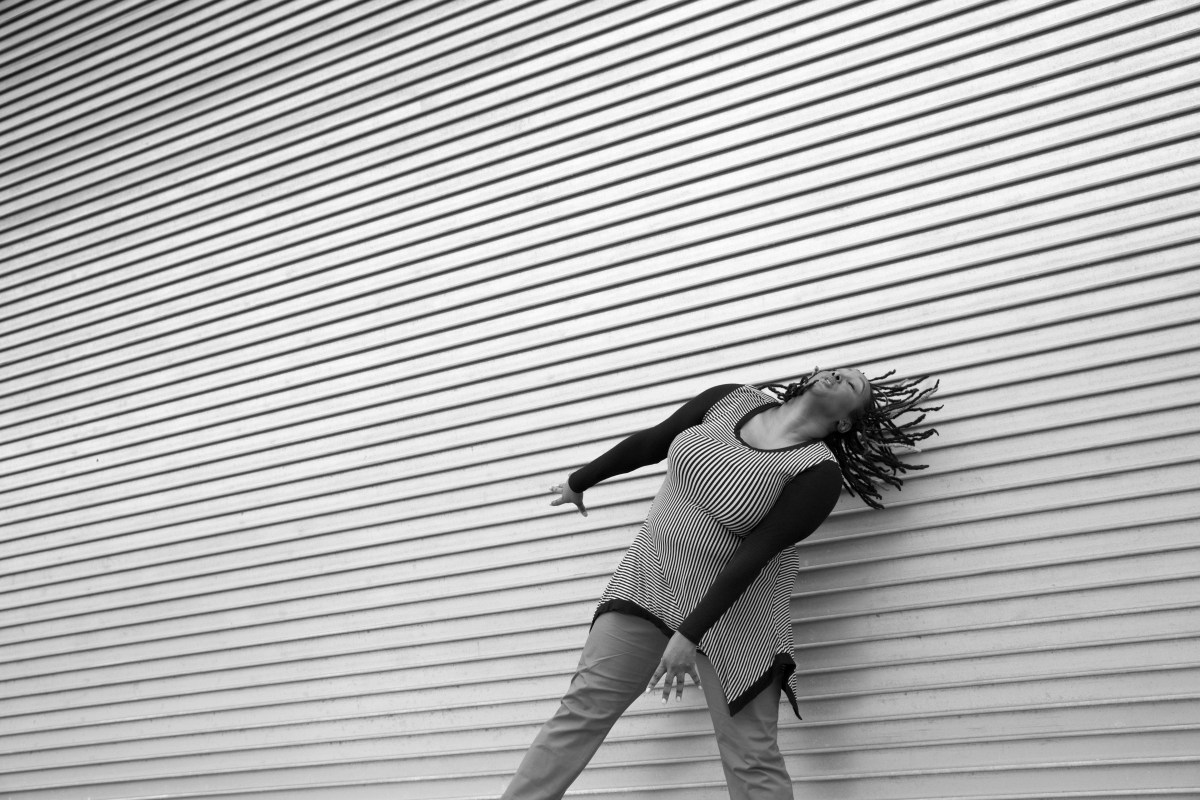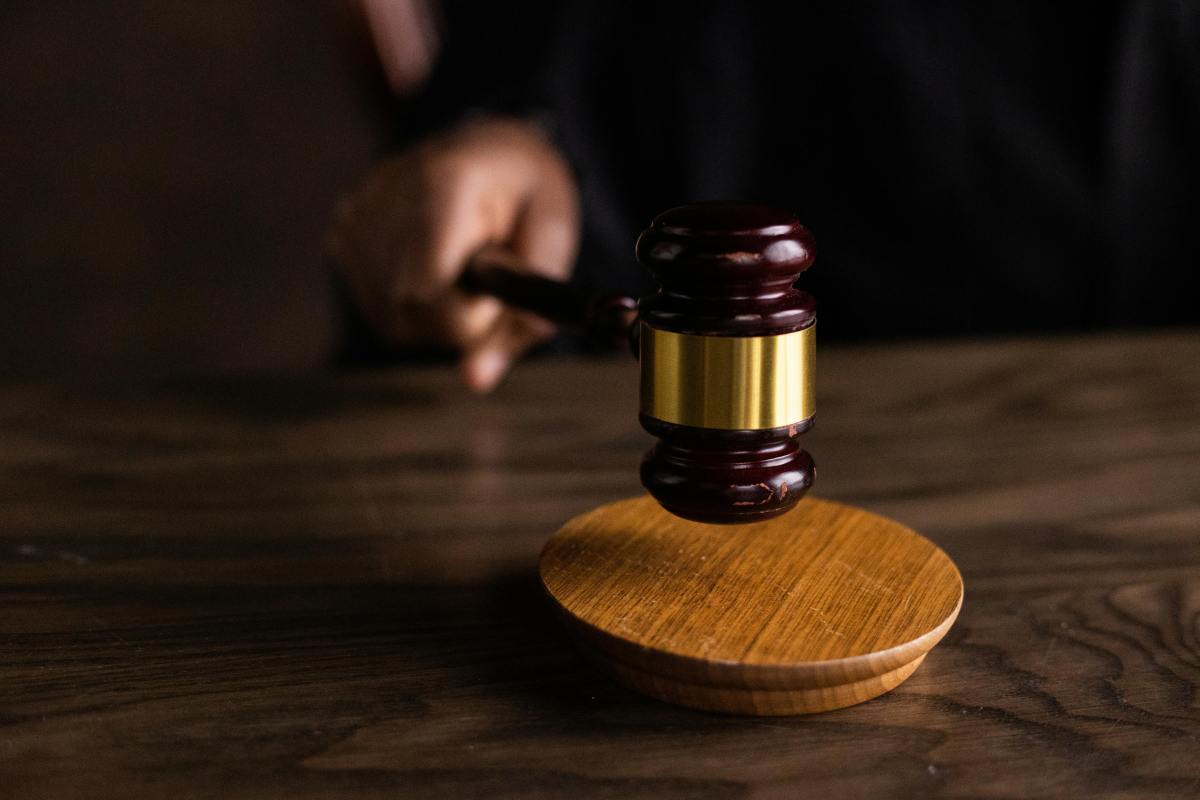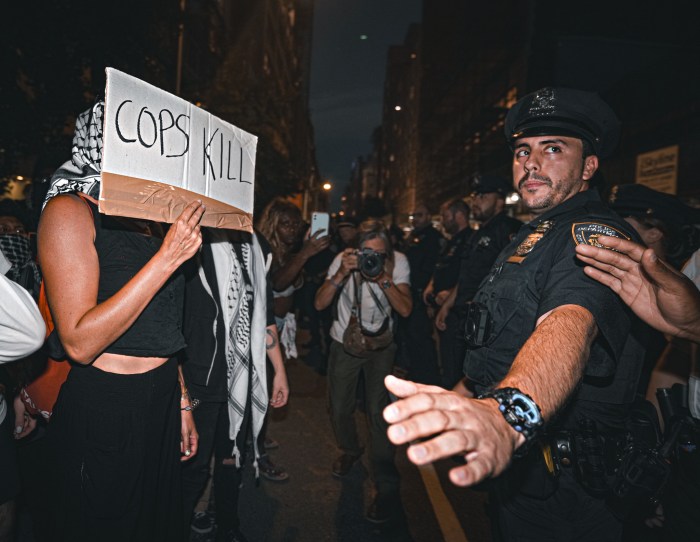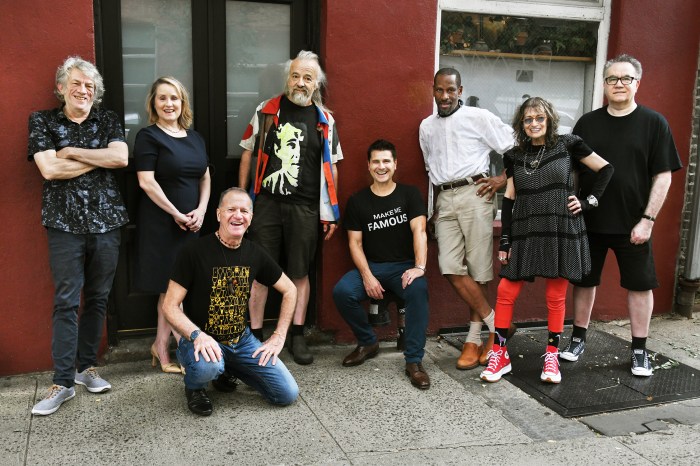BY JERRY TALLMER
‘Voices’ worth hearing — and listening to
If I can’t sit at the table, I’m gonna kick the fuckin’ legs out from under the table.
Thirty years before James Forman and other angry blacks were saying things like that at one edge of the Civil Rights movement of the 1960s, white and black Americans by the millions were, in their desperation, feeling exactly that — and sometimes acting upon it.
Raiding a Red Cross supply depot for food, fuel, clothing and medicine in the little drought-stricken farm town of England, Arkansas, in January 1931, for instance. Going there in battered trucks and armed with shotguns were hard-bitten men, and some women too — the faces James Agee would write about and Walker Evans would photograph in their epochal 1941 “Let Us Now Praise Famous Men.”
The Arkansas incident — which ended peaceably, with no shooting — would have come and gone unnoticed if it were not for an aspiring young Communist writer named Whittaker Chambers, who turned it into a short story that appeared in the far-left magazine New Masses two months later, in March 1931.
It was subsequently (and expeditiously) turned into a play by Hallie Flanagan and Margaret Ellen Clifford that opened at Vassar College, where Flanagan taught drama — and Clifford was one of her students — on May 2, 1931. It was called “Can You Hear Their Voices?”
This was eight years before Steinbeck’s “Grapes of Wrath,” mind you; four years before Odets and “Waiting for Lefty.” And 79 years before a reborn “Can You Hear Their Voices? (A Play of Our Time)” runs from June 3rd to June 27th as a Peculiar Works Project at a storefront Pop-Up Space, 2 Great Jones Street, in Manhattan’s East Village.
Whittaker Chambers! That is a longer and uglier story. Chambers is the morose Time Magazine feature writer who, for benefit of the House Committee on Un-American Activities, would 17 years after the New Masses piece put the finger on Alger Hiss and other alleged comrades of earlier days.
Hallie Flanagan! A happier story, if all too short — the fiery woman who for four years, as administrator of the Federal Theater Project, WPA, during the Great Depression, kept every starving American playwright-actor-director-designer alive and employed until the know-nothings in Congress hauled her in before HUAC and closed her down. The Hallie Flanagan who, just incidentally, nurtured the Living Newspaper agitprop productions that lit up the stages (in two senses) of my boyhood.
Can you hear their voices? Here are two of them: JIM WARDELL, “a quiet man with a kindly, humorous face and a suggestion of latent power,” in short a Communist Party organizer, and FRANK FRANCIS, “a young farmer, slightly built, with a sensitive face.”
WARDELL: Don’t you think the time is comin’, Frank, when poor farmers, people like you and me, and the Martins and Doscher and Drdla, will have to go and take the food and milk out of the store windows? There’s plenty of it there.
FRANK: That’s communism you’re talkin’ about.
WARDELL: Right now communism means free groceries to all poor farmers. No rent for two years, free seed, free milk for babies…Some people come into communism through their minds and others through their bellies, but I guess most of ’em come in because they can’t stand to see the folks they care about go hungry.
And here is Frank’s wife Hilda, just after their infant daughter has died for want of milk:
HILDA [fiercely]: Don’t go [for a doctor]. I know she’s dead. What do we mean bringin’ a baby into this world when we can’t even take care of it? What did we get married for? Folks like us haven’t got no right to get married and have kids.
By contrast, here’s another young woman, a congressman’s spoiled, rebellious debutante daughter Harriet (an invention of Flanagan and Clifford’s).
HARRIET [stormily, to Bill, her date at the ball): I get so fed up on this stuff, I could scream. William, I’m afraid I’m going to have one of those scenes where the poor little rich girl bares her heart to the thoughtless young man who does not understand. I’m going to tell you I wish I were a fishwife…Or I might be a revolutionary — I look well in red.
(Flanagan and Clifford also have Harriet saying ironically, at one point in debate with her stuffy papa: “It’s very white of you, father.” James Foreman [see above] would have kicked over the theater.)
Peculiar Works Project is a far-from-incidental echo of Public Works Administration, the massive New Deal agency that oversaw the Federal Theater Project and a great deal else in FDR’s early terms.
Ralph Lewis and Barry Rowell, born 1961 and 1962, consider themselves children of the New Deal, if only by proxy. Artistic and political proxy. They and actress Catherine Porter (Rowell’s wife) are the triumvirate who founded PWP in 1993 and hope to keep it in business for a long time yet to come.
This member of the theatrical press first became aware of PWP when, one evening four or five years ago, he trudged — well, meandered — all through the West Village, to various sites or onetime sites, from the Cherry Lane to the Caffe Cino to the Provincetown Playhouse to Judson Church, etc., etc., where discrete handfuls of PWP actors were re-creating bits and pieces of the exciting explosive early days of Off-Off Broadway.
Lewis and Rowell are also co-directors of the 2 Great Jones Street production of “Can You Hear Their Voices?” — a play they discovered by accident when they had to drop “The Three Christs of Ypsilanti” because some other company had the rights to it.
In a book by Sally Quinn called “Furious Improvisations,” they learned about the Flanagan/Chambers/Arkansas connection, dug up the play, read it, and — “Wow!” says Ralph Lewis. “Mass unemployment! Drought! Mortgage foreclosures! Big-bank failures! What the banks do to the people! Sounded exactly like today.”
“Also,” says Barry Rowell, “some other people throwing around words like ‘socialiism,’ ‘communism, and worse. Again, just like today.
“We’ve always had a feeling for artistic movements,” says Lewis. ” Whether it’s Dada or Abstract Expressionism or the Federal Theater or Off-Off Broadway or whatever.”
They’re already working on their next endeavor: a play about Judson House, the (now destroyed) international dormitory adjacent to Judson Memorial Church — the church where, under Howard Moody and Al Carmines, a goodly (not to say Godly) share of the Off-Off theater-dance-music-art of the early 1960s sprouted root.
I can hear those voices too.




































